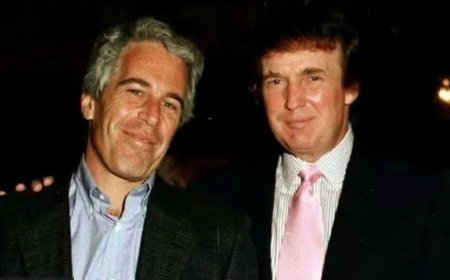The True Colours of Philanthropy: Faith, Responsibility, and the Thin Line Between Service and Spectacle

In an age when philanthropy often comes wrapped in spectacles, it becomes crucial to distinguish between true service and theatrical benevolence. India, a land of spiritual depth and emotional richness, is also vulnerable to manipulation—especially when faith gets commodified.
Religious leaders have long held a place in Indian society. Some have indeed brought solace, healing, and wisdom to their followers. But the recent phenomenon of “marketed divinity,” where spiritual figures command celebrity-like followings, raises important questions about the authenticity and impact of such philanthropy.
Take the example of a godman who is reportedly building a ₹260 crore cancer hospital. On the surface, this is praiseworthy. But what happens when the same individual draws massive crowds not just for blessings, but for promises of miracles, cures, and divine intervention? What happens when money flows not just out of generosity, but from desperation, emotional manipulation, or the unspoken pressure of faith?
Philanthropy, in its truest form, doesn’t need loudspeakers or limelight.
Look at Subroto Bagchi and Susmita Bagchi—pioneerers of quiet service. Their contributions to health, education, and public service in Odisha are monumental, yet rarely headline-grabbing. They choose transparency over theatrics, systemic change over symbolic gestures, and humility over hysteria. Their actions are rooted in long-term vision, not short-term adulation.
That’s the kind of philanthropy our society needs to celebrate and emulate.
Faith is Personal, Accountability is Public
Blind devotion can make us overlook the nuances of consent and awareness. When vulnerable people are convinced that only divine powers can cure them—bypassing science, medicine, or even introspection—it becomes less about belief and more about control.
In a democracy, questioning such power structures is not blasphemy—it’s civic duty.
No one is denying the good that may come from the charitable works of religious leaders. But good deeds cannot be used as a shield against scrutiny. Just as politicians, industrialists, or NGOs are held accountable, so too should spiritual leaders be.
Beyond Labels
Critics of this viewpoint are often dismissed as “pseudo secular,” “anti-Hindu,” or worse. But what we need is nuance, not name-calling. True secularism is about upholding reason alongside reverence, and questioning where power—any power—intersects with public interest.
Final Thought
Let us not mistake popularity for purity or grandeur for greatness. True saints walk silently, build quietly, and serve selflessly. In the long run, it is their legacy—not their limelight—that endures.
Sanjay Pattnayak
Sundargarh
*Product Name* - *Kesh Art Bhringraj & Neem Hair Cleanser for Controlling Hair fall & Dandruff*
*Product link* -
Powered by myUpchar
*Product Name* - *myUpchar 2% Salicylic Acid Serum For Acne, Pimples, Blackheads & Open Pores for both Women & Men - 50ml*
*Product Link* -
Powered by myUpchar












































